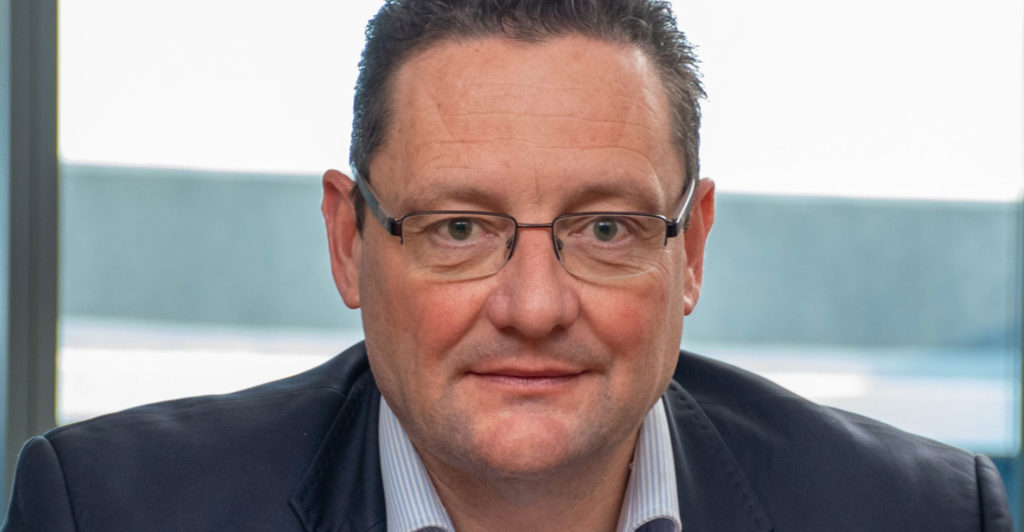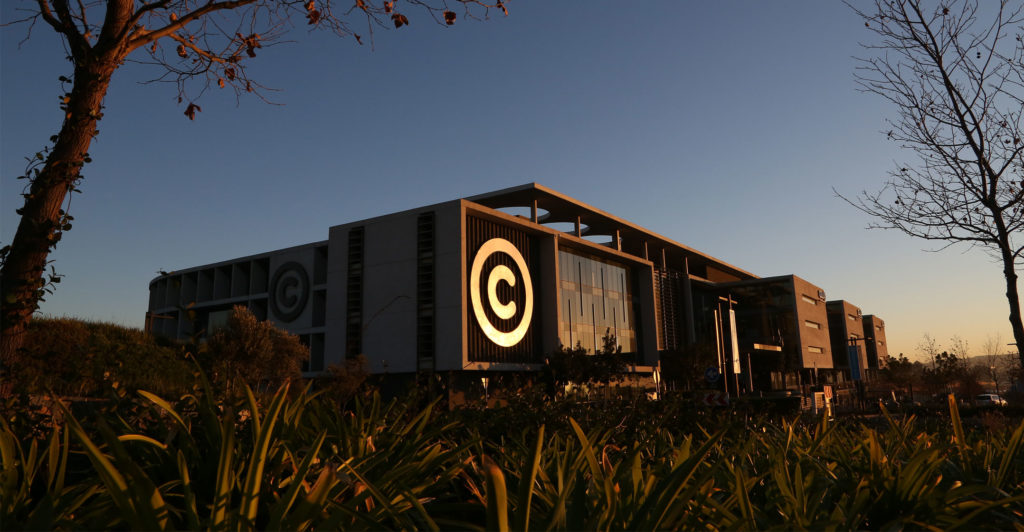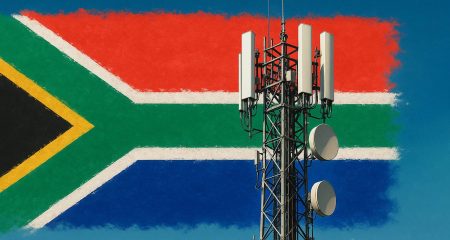
Cell C has been in business distress for years and has faced many tough challenges. The biggest obstacles have been brought about by own goals, namely a misguided business strategy, a recapitalisation in 2017 which burdened the business with unsustainable debt, poor decision making and bad governance.
A number of factors give a fuller and more balanced perspective to the recent news around Cell C’s debt payments.
Our turnaround strategy is focused on ensuring operational efficiencies, restructuring our balance sheet, implementing a revised network strategy and improving our overall liquidity.
Improving the company’s liquidity and debt profile requires a complicated and delicate restructuring. While a new recapitalisation is being negotiated, there is an informal debt standstill and debt payments have been suspended.
Although Cell C’s lenders are entitled to call up the entire debt owed, they have not accelerated debt payments and have held off on taking enforcement action in order to facilitate a commercial solution. The non-payment is not a surprise to lenders that understand the Cell C turnaround strategy.
In addition to the restructuring of the debt, there has been significant investor interest which validates that there is indeed value in the business.
A real opportunity
This value includes its nearly 16 million subscribers, a distribution network of over 240 stores countrywide, a strong brand that has been recognised as one of the top 30 valuable brands in the country as well as how the turnaround is taking shape from an operational perspective.
Cell C has a real opportunity to address its historical performance through a focus on operations. The company has taken active steps to reduce its focus on pure revenue and subscriber growth to focus on profitable, long-term growth. The positive impact of these initiatives will be backed up with the release of the company’s financial results in the coming weeks:
- A cost efficiency programme across all expense lines in the organisation — the run rate was over R864-million at the time of the interim results (September 2019), the additional savings will be reflected in the upcoming results.
- Rebalancing traffic and retail products — Cell C removed non-profitable products and increased its focus on retail product pricing and wholesale pricing.
- Shifting service revenue back to growth — this will be achieved through a more focused approach on profitable products and re-energising distribution channels.
- A new leadership team with the key appointments of a new CEO, chief financial officer, chief human resources officer and chief legal officer.
- Appointment of non-executive, independent directors to the board to bolster governance, improve diversity and transformation.
- A hiring freeze.
- Progress in stabilising labour relations.
The company is in a far better shape operationally and, by fixing the base, the business can go on to build and innovate which will create additional value.
The third pillar of the turnaround strategy is a revised network strategy. Networks will be a utility in the future with one or two mobile infrastructure providers per country and it does not make economic sense to overbuild on basic infrastructure. Against this background, in November 2019 Cell C negotiated an extended roaming agreement with MTN, which will enable the company to manage its network capacity requirements in a more scalable and cost-efficient manner. This will also provide access to current and future technologies.
 What remains to be resolved is the financial strategy through a recapitalisation, and while complicated, good progress is being made in this regard.
What remains to be resolved is the financial strategy through a recapitalisation, and while complicated, good progress is being made in this regard.
The focused company strategy and correctly capitalised balance sheet will lead to better leveraging of assets. The South African mobile market is in a mature phase and the long-term growth of the industry in general, and players such as Cell C in particular, will be determined by the ability to deliver innovative service offerings while assessing over-investment in capital hungry infrastructure.
There is belief in Cell C’s long-term prosperity, and the new leadership team is focused on the journey to turn the company into a profitable, innovative player in the local telecoms industry and is confident the organisation is fully geared to overcome its challenges. Earnings are up, margins are stabilising and there is a ruthless approach to cutting additional costs out of the business. A recharged Cell C is being built that creates value for its stakeholders.
- Douglas Craigie Stevenson is CEO of Cell C




